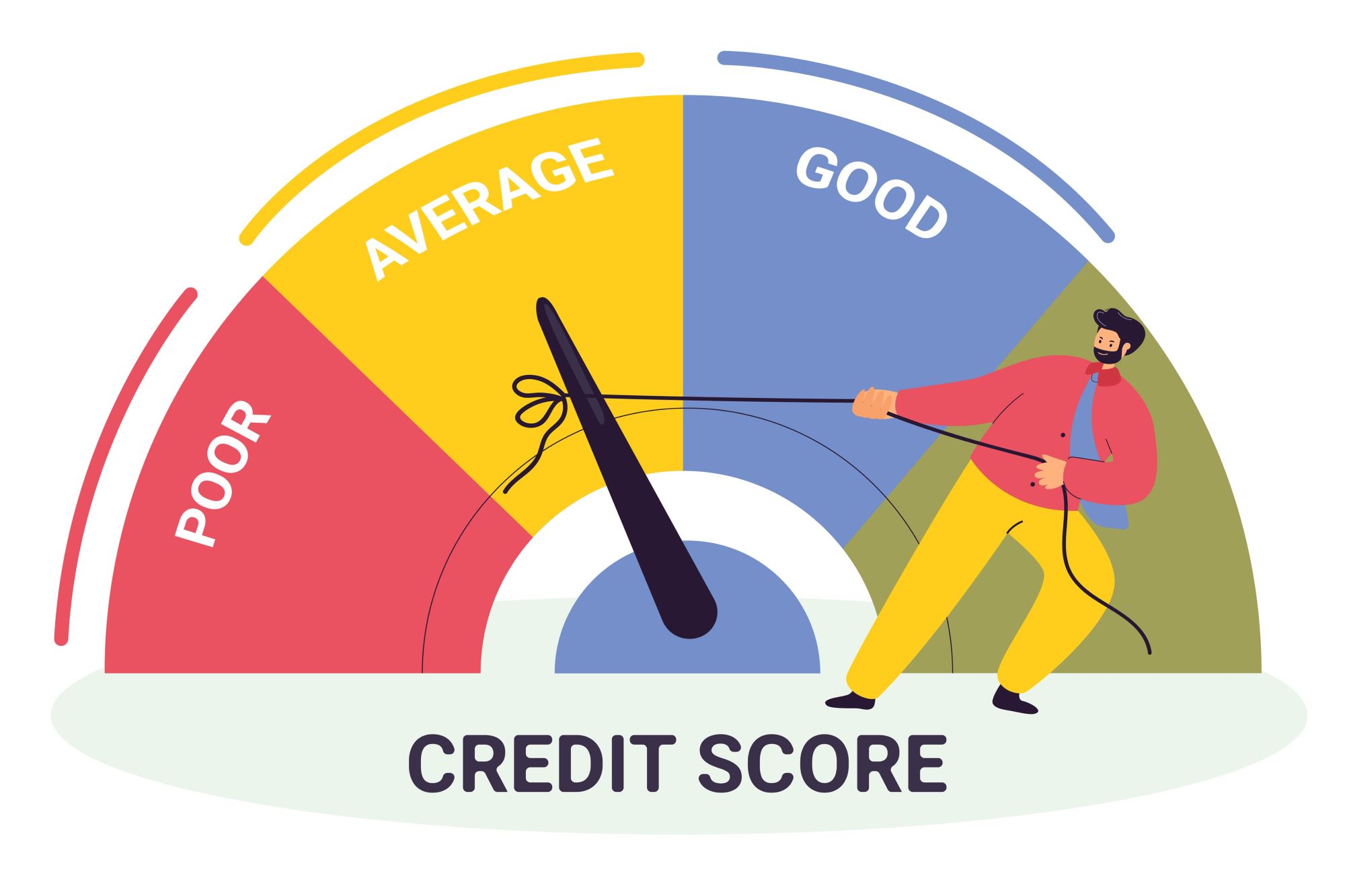Navigating the world of loans can be tricky, especially in a place like the Philippines where the market is bustling with numerous lenders offering a variety of loan products. The importance of securing a safe and legit loan cannot be overstated. After all, nobody wants to fall into the trap of scams or unfair lending practices. So, how do you ensure you’re getting a legitimate and hassle-free loan in the Philippines? Let’s dive into it.
Loans in the Philippines
Types of Loans Available
In the Philippines, there is a diverse range of loan options available to meet different financial needs. Personal loans are unsecured loans that can be utilized for a variety of personal expenses, such as consolidating debt, covering medical bills, or funding travel. These loans do not require collateral, making them accessible but often come with higher interest rates due to the increased risk to lenders. Home loans, also known as mortgages, are designed specifically for purchasing or renovating a home. These loans typically have lower interest rates compared to personal loans and require the property as collateral, which provides security to the lender.
Another popular type is auto loans, which provide financing for purchasing a vehicle. These loans can cover both new and used cars, and the vehicle itself serves as collateral. Business loans are critical for entrepreneurs and business owners, offering funding to start, expand, or manage daily operations of a business. These loans can be secured or unsecured, with terms and conditions varying widely based on the lender and the business’s creditworthiness. Lastly, educational loans are tailored to cover tuition fees and other educational expenses, helping students and their families manage the costs of higher education. These loans can be provided by both government and private institutions, often with flexible repayment terms to accommodate the borrower’s financial situation after graduation.
Key Terminologies in Loan Applications
Before diving into the loan application process, it is crucial to understand some key terminologies. The principal is the amount of money you borrow from the lender, which you agree to repay over time. The interest rate is the cost of borrowing this principal, expressed as a percentage. This rate can be fixed or variable, impacting the total amount you will repay. Tenure refers to the period over which you are required to repay the loan. This can range from a few months to several years, depending on the type of loan and the lender’s terms.
Collateral is an asset that you pledge as security for the loan. If you default on the loan, the lender has the right to seize this asset to recover the outstanding amount. Common types of collateral include real estate, vehicles, or other valuable assets. Finally, amortization is the process of paying off the loan through regular payments over the loan tenure. These payments typically cover both the principal and the interest, gradually reducing the loan balance until it is fully repaid.
Criteria for a Legitimate Loan
Government Regulations and Compliance
In the Philippines, it is crucial to ensure that any loan provider you consider complies with the regulations set by the Bangko Sentral ng Pilipinas (BSP) and the Securities and Exchange Commission (SEC). These regulations are in place to ensure that lenders operate fairly and transparently, protecting borrowers from predatory practices. Legitimate lenders are required to follow specific guidelines on interest rates, fees, and the disclosure of terms and conditions. They must also provide clear information about the loan’s costs, repayment schedule, and any penalties for late payments.
Compliance with government regulations means that the lender is authorized to operate in the Philippines and is regularly monitored to ensure adherence to financial laws and standards. Borrowers can verify the legitimacy of a lender by checking their registration and licensing status with the BSP and SEC. This due diligence helps protect borrowers from fraudulent schemes and ensures that their rights are upheld throughout the loan process.
Recognizing Red Flags
When evaluating potential lenders, it is essential to be aware of red flags that could indicate a scam or an illegitimate lender. Watch out for these red flags:
- Unusually High Interest Rates: If a loan offer seems too good to be true, with extremely low initial payments or unusually high returns, it is likely a scam.
- Upfront Fees: Legitimate lenders typically do not require substantial fees before processing a loan application. Any request for large upfront payments should be viewed with suspicion.
- Lack of Physical Office: Be wary of lenders who operate solely online without a verifiable physical address. A lack of a physical office can make it challenging to contact the lender in case of issues or disputes.
Additionally, it is advisable to check the lender’s online reviews and testimonials. Legitimate lenders usually have a track record of customer feedback that you can research to gauge their reliability. Always ensure that the lender provides clear and detailed loan agreements, which outline all the terms and conditions comprehensively. By staying vigilant and recognizing these red flags, borrowers can avoid falling victim to fraudulent loan schemes and ensure they are dealing with reputable and trustworthy lenders.
Top Legit Loan Providers in the Philippines
Banks
Major banks in the Philippines like BDO, BPI, and Metrobank are well-known for their reliable loan products. These institutions offer a variety of loans, including personal loans, home loans, auto loans, and business loans. The primary advantage of borrowing from these banks is the competitive interest rates and favorable terms they provide. For instance, BDO offers flexible payment terms and competitive rates for personal loans, making it easier for borrowers to manage their finances. Similarly, BPI provides a range of loan products that cater to different financial needs, with the assurance of a robust regulatory framework ensuring the safety and legitimacy of the loans.
Moreover, these banks are backed by years of credibility and trust in the financial market, giving borrowers peace of mind. They adhere to strict regulatory guidelines set by the Bangko Sentral ng Pilipinas (BSP), which ensures transparency and fairness in their lending practices. This regulatory compliance means that the terms and conditions of the loans are clearly outlined, and any potential issues can be legally addressed, providing a significant layer of protection for borrowers. Additionally, the extensive branch network and customer service support offered by these banks make the loan application and repayment process more accessible and convenient.
Licensed Lending Companies
Licensed lending companies such as Cebuana Lhuillier and Cashalo provide viable alternatives to traditional banks, especially for those who may not meet the stringent requirements of bank loans. These companies are regulated by the Securities and Exchange Commission (SEC) and comply with the BSP guidelines, ensuring that they offer legitimate and safe loan products. Cebuana Lhuillier, for instance, is renowned for its micro-lending services, providing quick and easy access to funds with minimal documentation requirements. This makes it an ideal choice for small business owners and individuals needing immediate financial assistance.
Cashalo, on the other hand, is a digital lending platform that offers personal loans with transparent terms and quick disbursement. It leverages technology to simplify the loan application process, allowing borrowers to apply online and receive funds swiftly. The transparency in their operations ensures that borrowers are fully aware of the interest rates, fees, and repayment terms, reducing the risk of hidden charges and unfair practices. These licensed lending companies fill a critical gap in the market by providing accessible financing options to a broader audience, including those who may not have a strong credit history.
Online Loan Providers
With the advent of technology, online loan providers like Tala and GCash have gained significant popularity. These platforms offer a high level of convenience and speed, making them an attractive option for many borrowers. Tala, for example, provides small, short-term loans that can be applied for and approved within minutes through a mobile app. This immediacy is particularly beneficial for individuals who need quick access to funds without the lengthy paperwork and approval processes associated with traditional banks. Tala also uses alternative data to assess creditworthiness, making it accessible to individuals without a formal credit history.
GCash, another prominent online loan provider, integrates its loan services with its mobile wallet platform, allowing users to apply for loans directly through the GCash app. This integration provides a seamless experience, where users can receive and repay loans using their mobile wallet, making the process highly efficient. The user-friendly interface and transparent terms provided by these online platforms ensure that borrowers understand their loan obligations clearly. The convenience and speed offered by these online loan providers make them a popular choice, especially for tech-savvy individuals looking for hassle-free borrowing options.
| Provider Type | Examples | Advantages | Regulatory Compliance |
| Banks | BDO, BPI, Metrobank | Competitive interest rates, favorable terms, robust customer service | Adheres to BSP guidelines |
| Licensed Lending Companies | Cebuana Lhuillier, Cashalo | Accessible to broader audience, minimal documentation requirements | Regulated by SEC and BSP |
| Online Loan Providers | Tala, GCash | Quick processing, convenience, use of technology | Must comply with digital security and BSP regulations |
How to Apply for a Loan
Step-by-Step Guide to Loan Application
Applying for a loan can seem daunting, but breaking it down into clear, manageable steps can simplify the process. The first step is research. Start by comparing different loan options and providers to find the one that best suits your needs. Look at interest rates, repayment terms, fees, and customer reviews to make an informed decision. Once you’ve narrowed down your options, check your eligibility. Each lender has specific criteria you must meet, such as minimum income requirements, credit score, and employment status. Ensuring you meet these criteria before applying will save you time and increase your chances of approval.
The next step is to prepare your documents. Typically, you’ll need identification documents like a government-issued ID, proof of income such as payslips or bank statements, and proof of billing address. Some lenders might also require a certificate of employment. Having these documents ready can expedite the application process. Once your documents are prepared, fill out the application form accurately. Ensure all information is correct and complete before submitting it along with your supporting documents. After submission, the lender will review your application and notify you of their decision.
If your loan application is approved, the next step is to review and sign the loan agreement. It’s crucial to read and understand all the terms and conditions before signing. Pay close attention to the interest rate, repayment schedule, fees, and any penalties for late payment. Once you’re satisfied with the terms, sign the agreement. After signing, the loan amount will be disbursed to your account. The time it takes to receive the funds can vary depending on the lender, but with online and licensed lenders, the process is usually quick. By following these steps, you can navigate the loan application process smoothly and secure the financing you need.




